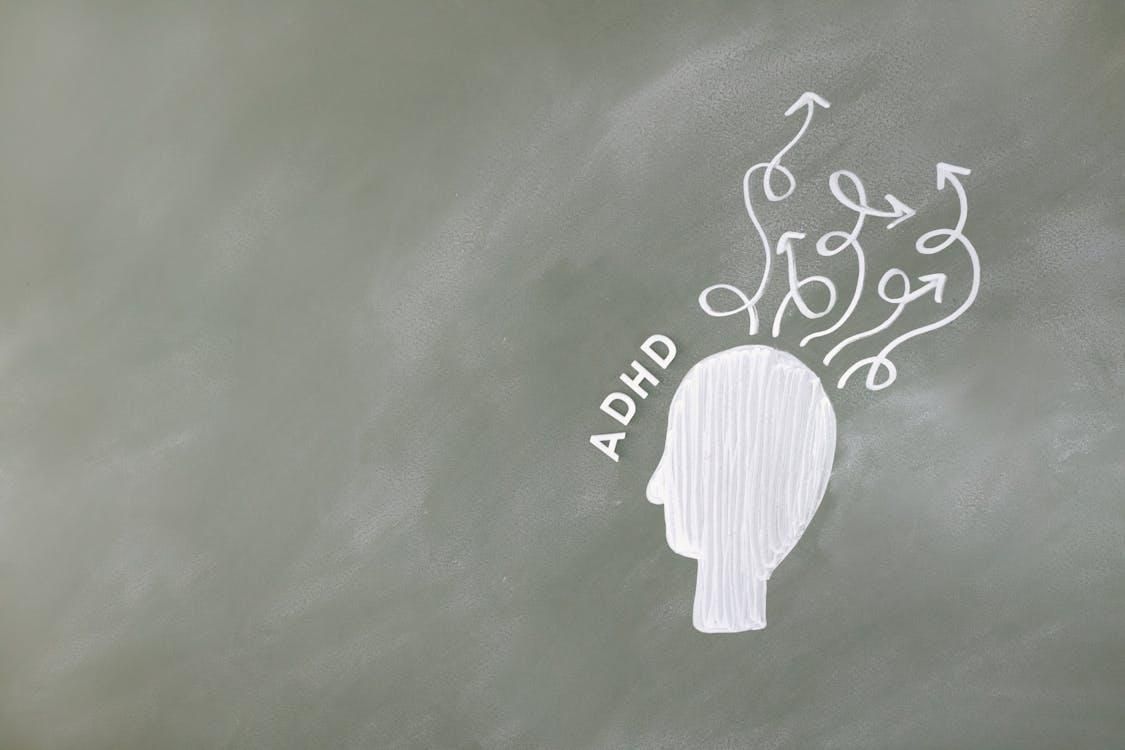Managing Stress and Mental Health at Home: Tips for Busy Adults
Busy adults often juggle demanding careers, family obligations, and personal responsibilities, leaving little room for self-care. In many cases, this imbalance results in stress, anxiety, or depression that can impact daily functioning. Access to adult mental health support becomes essential, allowing individuals to regain stability while managing obligations effectively. For those with limited time, integrating practical stress-relief methods at home offers a way to prioritize well-being without sacrificing other commitments.
Creating Structure Through Daily Routines
Establishing consistent daily routines is a simple yet powerful way to reduce stress. Predictability helps the mind feel more grounded, providing a sense of order amidst constant demands. For example, setting aside specific times for work, exercise, and rest creates balance and reduces the mental strain of decision-making throughout the day. Incorporating small rituals, such as morning stretches or evening walks, encourages consistency and provides moments of calm reflection. Over time, these structured habits can significantly lessen feelings of overwhelm and restore a greater sense of control.
Incorporating Mindfulness and Relaxation Techniques
Mindfulness practices such as deep breathing, meditation, or even focused attention on simple tasks can be effective tools for easing stress. These strategies work by training the brain to remain present, rather than being consumed by worries about the past or future. Short, intentional pauses during a busy day help regulate emotions, reduce anxiety, and improve focus. When practiced consistently, mindfulness becomes a valuable tool in managing difficult thoughts and emotions at home, promoting healthier coping mechanisms and emotional balance.
Prioritizing Sleep and Physical Wellness
Adequate sleep is often the first sacrifice busy adults make, yet it directly influences mood, focus, and overall resilience to stress. Creating an environment conducive to rest—such as reducing screen time before bed and maintaining a consistent sleep schedule—improves both mental and physical health. Alongside rest, regular exercise and balanced nutrition play a significant role in reducing symptoms of stress, anxiety, and depression. Together, these physical health habits strengthen the foundation needed for sustained emotional well-being.
Strengthening Connections with Support Systems
Isolation can intensify stress and mental health struggles, while strong social support has the opposite effect. Connecting with trusted friends, family members, or professionals provides validation and encouragement during overwhelming times. Simple actions such as regular phone calls or scheduling intentional conversations can greatly reduce feelings of loneliness. In some cases, reaching out to a therapist or joining support groups offers additional guidance for managing difficult emotions effectively at home.
Seeking Professional Care When Needed
While self-care practices are valuable, there are times when professional assistance is necessary. Stress that persists or worsens may indicate underlying conditions such as anxiety or depression. Access to professional resources ensures individuals receive effective treatment and long-term support.
For those seeking additional guidance, options such as mental health services, connecting with a psychiatrist, or accessing a therapist in Waldorf can provide valuable direction. For compassionate care and consistent adult mental health support, reach out to Oasis of Hope BHC.











